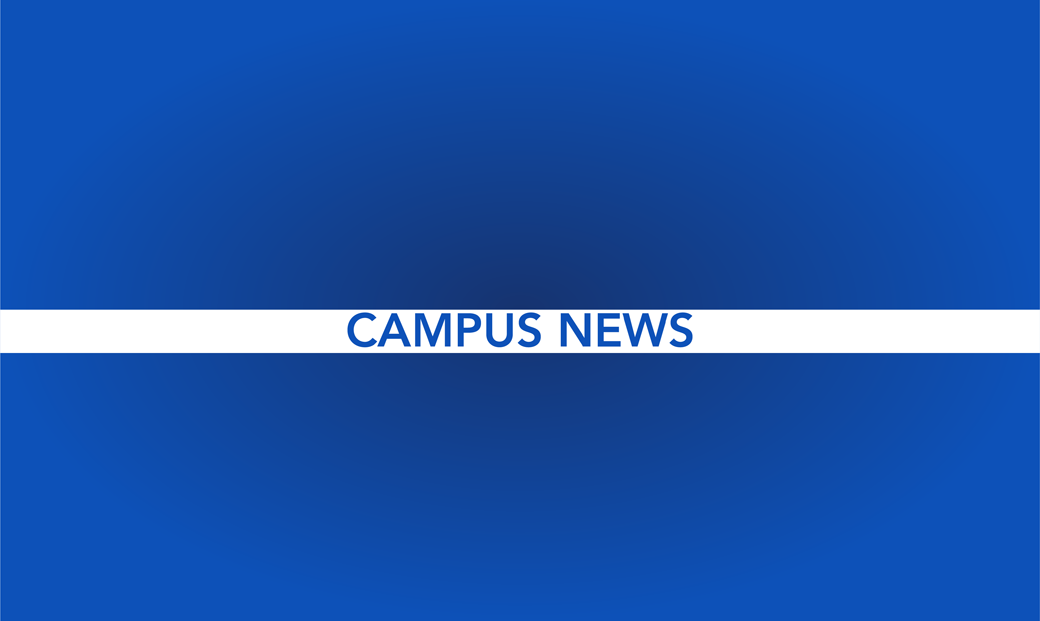
Gender neutral housing available next fall
Students are now able to opt for gender neutral housing at the University of South Dakota for the 2015-2016 academic year.
A person who is non-binary identifies with neither the male nor female gender. This population is one that Todd Tucker, director of university housing, said has been previously neglected in the housing application process.
“This is just a population that we really were missing from a housing standpoint, of being able to provide an opportunity to live in an area where they feel comfortable with the people that they live around,” Tucker said. “There’s stereotypes out there. There always will be, and so being able to provide an area where students can feel confident and comfortable in and feel like themselves, that’s the kind of environment that we want to provide in housing.”
Previously, students “just chose and were placed based on their visual identity,” Tucker said.
Richardson Hall’s fourth floor will be the designated gender neutral floor in North Complex. Students in Coyote Village and McFadden Hall are also able to take advantage of the option.
The number of non-binary rooms will vary depending on student interest.
Tucker said the process that led to gender neutral housing began a few years ago, before he arrived at USD.
The Residence Hall Association put together a proposal for a gender neutral option in April 2013. Once it was approved by the President’s Council, it officially became housing policy Fall of 2014.
Tucker said he is still in the process of building the RHA proposal research into the housing process and website.
Like any other housing application, students can either choose their own roommate or have one assigned to them. All roommates have to sign a contract stating that they will any roommate.
Tucker said so far, he has not experienced any criticism of the change, only questions.
Jordan Catlett, a fifth-year senior and the president of SPECTRUM, said gender neutral housing is a great campus improvement.
“I think it’s amazing,” Catlett said. “I mean that in itself is a huge step for USD. It puts USD on a whole different map.”
After attending the Midwest Bisexual Lesbian Gay Transgender Ally College Conference (MBLGTACC) at Illinois State University from Feb. 13 to 15, Catlett said SPECTRUM plans to speak with administration about some of the topics it covered, including non-binary issues.
“It’s something that we’re definitely going to bring up and question and start seeing what we can do as a group to really push for those things for USD,” Catlett said. “What we can really do to bring awareness and education to administration and how important it really is.”
Mandie Weinandt, SPECTRUM’s adviser, also attended the conference.
“It was wonderful to meet other advisers and learn how better to act as an ally to the LGBTQIA community on campus,” said. “It is very important to make all students feel welcome regardless of their identity, background, abilities, etc. Learning and personal growth cannot happen in an environment where students feel uncomfortable or unsafe.”
The lack of gender neutral bathrooms on campus is one issue Catlett and Weinandt would like to address.
“I know the conversation of gender neutral bathrooms has come up before, so it’s just bringing it up again,” Catlett said. “Keeping it fresh in people’s minds because you can have one person come and plant a seed and the seed can disappear if you don’t have people constantly watering it.”
Catlett said she does not expect immediate results, but she at least wants to start the conversation.
“We’re in a time where USD is trying to make great strides towards their inclusive excellence,” Catlett said. “Right now is the perfect time to talk about it.”
Tucker agreed that non-binary issues are not a “huge part” of campus, but he has seen improvements at USD.
“We certainly have a very strong population and a very positive student organization that works on behalf of this particular subset of students, and so I think this is just something from a housing perspective, this is a direction a lot of schools will start, if they haven’t gone this direction already, will start,” Tucker said.
Weinandt agreed, and said USD is working to become a “regional leader of diversity and inclusiveness.”
“As someone who fits into the societally acceptable gender binary, I cannot personally relate to the challenges faced by those who do not. That said, I do think USD is working towards making all students feel more comfortable, but has just begun down this long road,” Weinandt said. “Institutional recognition and acceptance of the dynamic identities of our students is very important to cultivating a diverse, welcoming and enriching campus.”
MBLGTACC consisted of workshops, keynote speakers such as Laverne Cox and a dance.
“And for a lot of people that’s the first time that they’ve ever — I think for everybody — it’s the first time we’ve ever been in an environment that’s so welcoming, and everyone is so much just like you,” Catlett said. “It’s overpowering.”
One of her biggest takeaways was the importance of proper gender pronouns, Catlett said. At the conference — along with their name — people would clarify which pronoun they identify with.
“We need to step away from guessing people’s genders,” Catlett said.
Using the wrong pronoun can be offensive to anyone, but it is especially detrimental to those who are “working so hard to be who they are,” Catlett said.
Non-binary pronouns include ‘they,’ ‘them’ and ‘zed.’
“That’s something that we need to realize within our culture, is that it is okay to not identify as feminine or masculine,” Catlett said. “Sexuality and gender is not so black and white. There’s so many grey areas.”


